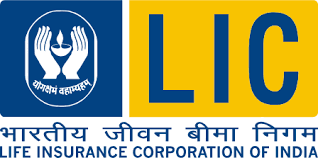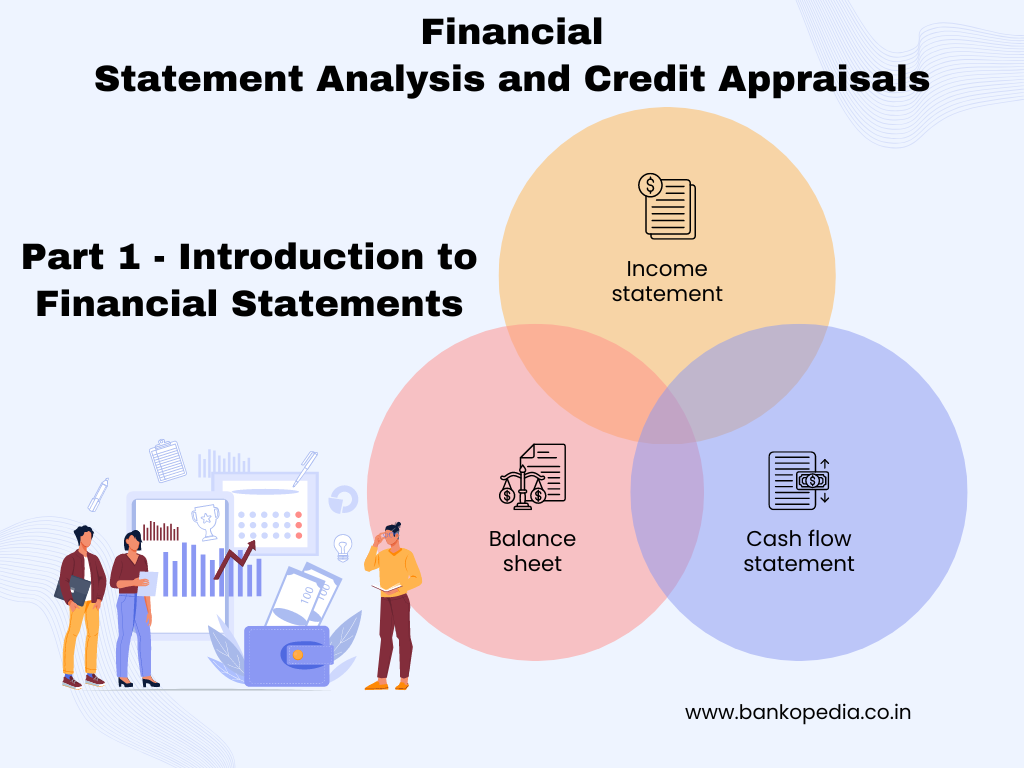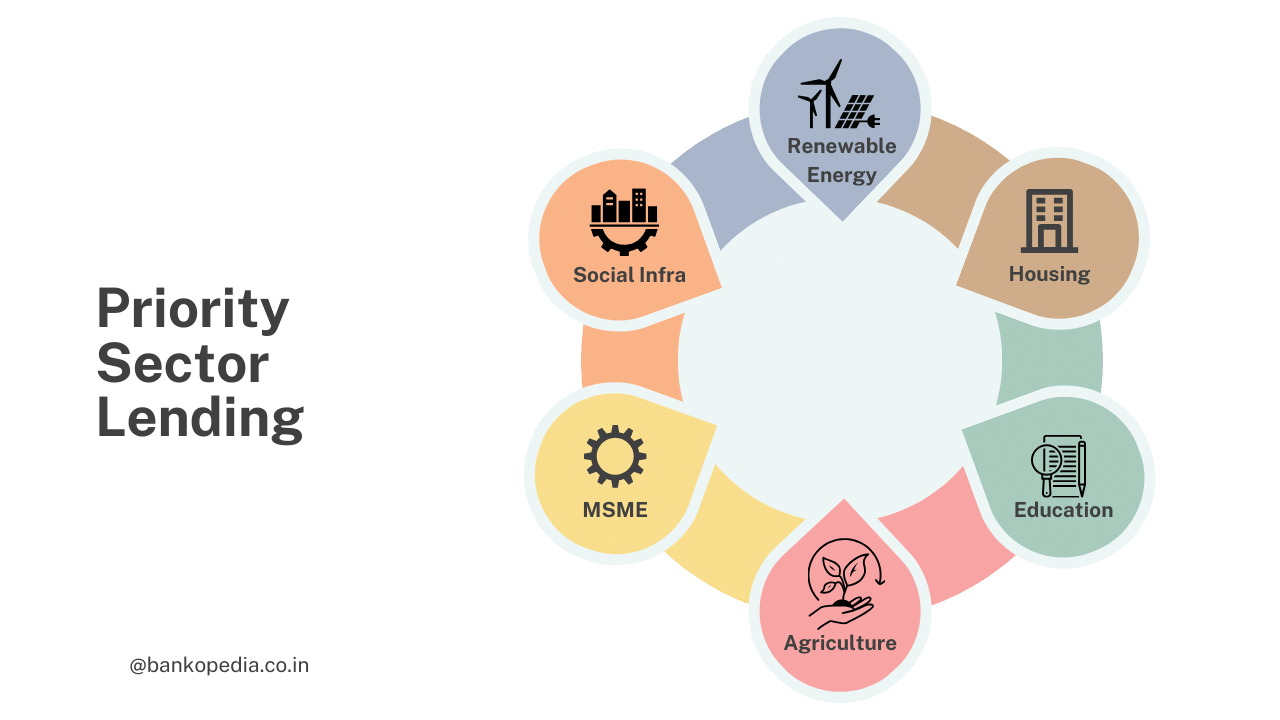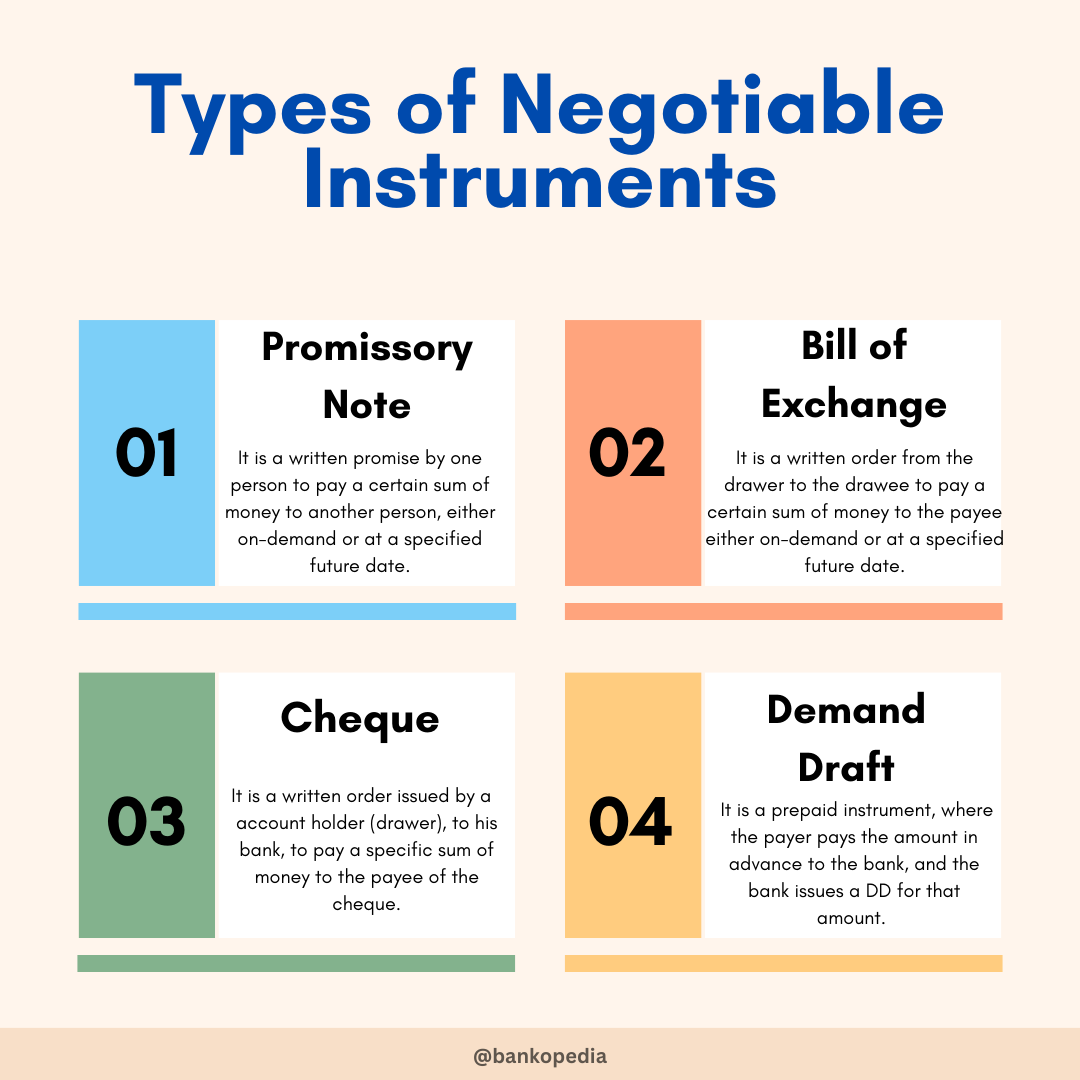Welcome to Daily Banking Digest, your premier source for the latest news and insights on May 02, 2024, focusing on banking, the economy, and finance. Our platform offers a comprehensive overview of the day’s most critical financial stories, market trends, and economic developments. Whether you’re a professional in the financial sector, an investor monitoring market movement, or someone interested in staying informed about the economic landscape, Daily Banking Digest provides reliable, up-to-date information.
Join our Telegram Channel for Daily PDF in your Inbox – Click Here
Table of Contents
GST Revenue Soars to ₹2.10 Lakh Crore in April, IGST Dues Fully Settled
GST collection in April 2024 surpassed ₹2 lakh crore for the first time, driven by strong economic momentum and efficient tax administration. The collection grew by 12.4% compared to the previous year, with both domestic and import transactions contributing to the increase. The government has also settled all dues related to Integrated Goods & Services Tax (IGST). Experts attribute the surge in collection to increased consumption, improved compliance, and the deadline for closing scrutiny and assessments. Expectations are high for further growth in GST collection in the coming months, potentially leading to bolder tax reforms and the implementation of the Direct Tax Code.

Key Points:
Collection Growth: – GST collection in April 2024 exceeded ₹2 lakh crore, a record high. – The collection grew by 12.4% compared to the previous year.
Economic Factors: – Strong economic momentum and efficient tax system contributed to the high collection.
Domestic and Import Transactions: – Domestic transactions increased by over 13%. – Import transactions grew by over 8%.
IGST Settlement: – All dues on account of IGST have been settled. – The IGST settlement of ₹91,907 crore is ₹4,413 crore more than the actual net IGST collections.
Factors Contributing to Surge: – Increased consumption. – Improved compliance by businesses. – Deadline for closing scrutiny and assessments.
Expert Opinions: – Experts believe the surge in collection reflects improved compliance and the financial year-end upswing.
Government’s Fiscal Position: – The positive performance of all GST segments has solidified the government’s fiscal position.
Future Expectations: – GST collection is expected to rise further. – Next wave of GST reforms may accelerate growth. – Potential for rate rationalization and inclusion of new products under GST.
Upcoming Fiscal Developments: – Big Bang Final Budget in July 2024. – Potential inclusion of alcohol, petrol, diesel, and real estate under GST. – Implementation of the Direct Tax Code. – Implementation of the Global Minimum Tax.
Government Mulls Appointing Nodal Officers for Banks and Fintechs
The Finance Ministry is considering requiring banks and fintech companies to appoint a nodal officer or key contact point for liaison with Law Enforcement Agencies (LEAs) to combat financial frauds and foster collaboration. The workshop organized by the Department of Financial Services and the Indian Cyber Crime Coordination Centre discussed issues such as mule accounts, fintech merchant abuse, and the need for an indigenous transaction monitoring and Anti-Money Laundering (AML) system.

Key Points:
Objective:
- Foster collaboration between fintechs and LEAs to encourage innovation, ensure compliance, and address cybersecurity and financial fraud challenges.
Issues Discussed:
- Role of technology in financial accessibility
- Control of money mules
- Real-time data infringement monitoring
- Geotagging of digital transactions
- Suspicious registry of fraudsters
- Digital KYC audits
- Account freezing and unfreezing mechanism
- Data privacy and theft prevention
- Digital infrastructure modernization
Insights Provided:
- Emerging cybercrime and financial fraud trends by Gujarat, Haryana, and Uttarakhand State Police Departments and I4C
- Operational modalities and challenges faced by fintech companies
- Best practices for curbing cybercrime and financial frauds by LEAs
Attendees:
- Heads of 60 fintech companies
- Four Fintech Associations
- 23 State Police Departments
- Central Bureau of Investigation (CBI)
- Enforcement Directorate
- FIU-Ind
- Central Government Ministries/Departments
- Regulators
LIC Employees Receive 17% Wage Increase from Finance Ministry
The Finance Ministry has approved a 17% wage increase for over 1.1 lakh LIC employees, effective August 1, 2022. This revision will result in an annual wage bill increase of ₹4,000 crore, bringing LIC’s total wage bill to ₹29,000 crore. The move aligns with the recent wage hike for bank employees and is part of LIC’s five-year wage revision cycle. Additionally, LIC pensioners will receive a one-time ex-gratia payment. While some analysts express concerns about the impact on profit margins, LIC’s recent financial performance has shown strong growth.

Key Points:
Wage Revision: – 17% annual wage increase for LIC employees – Effective from August 1, 2022 – Annual implication of ₹4,000 crore – Total wage bill to reach ₹29,000 crore
Timing: – Wage hike approved during model code of conduct for elections – DFS obtained Election Commission’s nod
Alignment with Bank Employees: – Wage increase similar to 17% hike for bank employees
Wage Revision Cycle: – LIC undertakes wage revision every five years – Last raise given in 2017
Pensioner Benefits: – One-time ex-gratia payment for LIC pensioners – Over 30,000 pensioners and family pensioners to benefit
Financial Impact: – Concerns raised about potential pressure on profit margins – LIC’s recent financial performance shows strong growth.
Guidelines Issued by Spices Board to Safeguard Exporters from Ethylene Oxide Contamination
The Spices Board of India has issued guidelines to exporters to prevent Ethylene Oxide (ETO) contamination in spices, following recalls in Singapore and Hong Kong. The guidelines advise against using ETO as a sterilizing agent and suggest alternatives like steam sterilization and irradiation. The board has also provided Maximum Residue Limits (MRLs) for ETO in major markets. The issue has raised concerns about the quality of Indian spice exports, with potential losses estimated at 58.8% if stricter scrutiny is adopted by major markets like China and the EU.
Key Points:
Guidelines for Exporters: – Avoid using ETO as a sterilizing agent. – Consider alternatives like steam sterilization and irradiation (not applicable to organic products).
Maximum Residue Limits (MRLs): – The Spices Board has provided MRLs for ETO in major markets, including the EU, UK, US, Singapore, Switzerland, and Turkey.
Impact on Exports: – Quality concerns could threaten over half of India’s spice exports. – Potential loss of 58.8% if China and the EU adopt stricter scrutiny.
Other Measures: – Prevent microbiological cross-contamination. – Use appropriate packaging. – Ensure careful transportation and handling of samples for testing.
Byju’s Faces Insolvency Woes as OPPO Files Plea, NCLT Accepts Case
Byju’s, a major edtech company, is facing mounting financial troubles. OPPO Mobiles has filed an insolvency plea against Byju’s with the NCLT, adding to a growing list of creditors seeking legal action. The company has also been hit by layoffs, partial salary payments, and the resignation of its India CEO.

Key Points:
Insolvency Plea: – OPPO Mobiles has filed an insolvency plea against Byju’s under Section 9 of the IBC. – The NCLT has admitted the case and scheduled a hearing for May 28.
Mounting Dues: – Byju’s owes significant dues to various entities, including TLB lenders, BCCI, Teleperformance, and Surfer Technology. – The company is also facing a lawsuit in the US for loan default.
Legal Challenges: – Byju’s is facing an “oppression and mismanagement” plea from investors. – The NCLT has deferred the hearing of this plea to June 6.
Financial Distress: – Byju’s has paid partial salaries to employees for March. – The company has taken multiple layoffs, including 500 employees.
Leadership Changes: – Arjun Mohan, CEO of Byju’s India, has resigned. – Founder Byju Raveendran has resumed daily operational responsibilities.
NaBFID Projects Loan Approvals to Exceed ₹2 Lakh Crore by FY25
The National Bank for Financing Infrastructure and Development (NaBFID) anticipates a significant increase in its loan sanctions pipeline to ₹2 lakh crore by March 2025, up from ₹1 lakh crore in March 2024. To support this growth, NaBFID plans to raise ₹53,000 crore through bond issuance, bank credit lines, and multilateral loans. The bank’s focus is on financing greenfield and brownfield infrastructure projects, as well as refinancing existing assets and lending to NBFCs and InvITs.

Key Points
Loan Sanctions Pipeline – Expected to reach ₹2 lakh crore by March 2025. – Current pipeline stands at ₹1 lakh crore as of March 2024.
Funding Strategy – Plans to raise ₹53,000 crore through bond issuance, bank credit lines, and multilateral loans. – Raised ₹19,500 crore in bonds and has over ₹10,000 crore in bank credit lines.
Loan Portfolio – Outstanding loan book grew to ₹45,000 crore as of May 2024. – Projected to reach ₹60,000-70,000 crore by September 2024. – Disbursements expected to touch ₹93,000 crore by March 2025.
Loan Characteristics – Offers long-tenor loans (80% with 15-25 year duration). – Provides fixed-rate loans with longer re-set periods.
Capitalization – Well-capitalized with a capital infusion of ₹20,000 crore from the government. – Leverage ratio (total debt/net worth) stood at 0.7 times as of December 2023.
Rating – ICRA maintains a “AAA” rating with a Stable outlook, citing NaBFID’s role as a specialized infrastructure financier and its sovereign ownership.
Muthoot Capital Secures ₹40 Crore in Debt Funding
Muthoot Capital Services has successfully raised ₹40 crore through the issuance of commercial papers. The commercial papers have a tenure of 122 days and will mature on August 30, 2024. The company issued the commercial papers in accordance with the guidelines set by the Reserve Bank of India.

Key Points:
- Amount Raised: ₹40 crore
- Instrument: Commercial papers
- Tenure: 122 days
- Maturity Date: August 30, 2024
- Issuance Date: April 30, 2024
- Guidelines: Reserve Bank of India
- Stock Performance: Closed at ₹318.50 on Tuesday, up by 0.46% on the NSE.
UPI Transactions Dip from March Peak to ₹19.6 Lakh Crore
UPI transactions experienced a slight decline in both volume and value in April 2024 compared to the record high in March 2024. However, the overall growth in UPI transactions remains significant on a year-over-year basis, reflecting the increasing adoption of digital payments in India.

Key Points:
Transaction Volume and Value:
- UPI transactions declined by 1.0% to 1,330 crore in April 2024.
- The value of transactions decreased by 0.7% to ₹19.64 lakh crore.
- On a year-over-year basis, transaction volume increased by 50% and transaction value by 40%.
End of Financial Year Effect:
- The end of the financial year typically sees higher transaction volume and value due to merchants and individuals squaring off transactions.
Growth in UPI Transactions:
- UPI transactions have consistently grown over 40% in value and 50% in volume in 2023 and FY24.
Expert Opinion:
- Vivek Iyer of Grant Thornton Bharat attributes the month-on-month decline to the higher transaction volume in March.
FY24 Performance:
- UPI processed 13,115 crore transactions worth ₹199.29 lakh crore in FY24.
- Transaction volume increased by 56.6% and transaction value by 43.4% compared to FY23.
Future Projections:
- UPI transactions are expected to exceed 100 crore per day by FY27.
- UPI is projected to dominate the retail digital payments landscape, accounting for 90% of total transaction volumes in the next five years.
IIHL Set to Acquire Reliance Capital’s Insurance Businesses with IRDAI Approval Imminent
The Insurance Regulatory and Development Authority of India (IRDAI) is expected to approve IndusInd International Holdings Limited’s (IIHL) acquisition of Reliance Capital’s three insurance companies within the next few weeks. The approval is crucial for IIHL to complete the acquisition process by the May 27 deadline set by the committee of creditors.

Key Points:
IRDAI Approval Expected Soon: – IRDAI is likely to grant approval for IIHL’s acquisition of Reliance Capital’s insurance companies within a couple of weeks.
Reliance Capital’s Bankruptcy Proceedings: – Reliance Capital is undergoing bankruptcy proceedings, and the acquisition needs to be completed within the court-prescribed time frame.
IIHL’s Resolution Plan: – IIHL’s resolution plan for Reliance Capital was approved by the National Company Law Tribunal (NCLT) in February 2023.
IRDAI’s Concerns: – IRDAI initially expressed reservations about IIHL’s diverse shareholder structure and requested detailed information on its shareholders.
IIHL’s Response: – IIHL has responded to IRDAI’s queries and is expected to receive approval within the required time frame.
Acquisition Details: – IIHL will acquire Reliance Capital’s 100% stake in Reliance General and Reliance Health, and 51% stake in Reliance Nippon Life.
Hinduja Group’s Acquisition Structure: – 30% of the acquisition cost will be covered through equity infusion from Aasia Enterprises, with the remaining 70% financed through debt.
IRDAI’s Scrutiny: – IRDAI has sought a comprehensive outline of the acquisition transaction, including details on entities involved, shareholding arrangements, and capital structures.
Pledging of Partnership Interest: – IRDAI has raised concerns about the proposed pledging of partnership interest and shares by Aasia Enterprise Ltd Partnership.
Draft Structure: – IIHL has filed a draft structure where another entity plans to acquire the entire equity of Reliance Capital, making it a wholly owned subsidiary.
Federal Bank Set to Appoint KVS Manian of Kotak Mahindra Bank as MD & CEO
Kotak Mahindra Bank’s Joint Managing Director, KVS Manian, has resigned to reportedly take up the position of MD and CEO at Federal Bank. Manian’s departure comes after the bank’s board had proposed him for the MD and CEO role, but the RBI chose an external candidate instead.

Key Points:
- Resignation of KVS Manian: Manian has resigned from Kotak Mahindra Bank with immediate effect to pursue other opportunities in the financial services sector.
- Offer from Federal Bank: Manian is expected to replace Shyam Srinivasan as MD and CEO of Federal Bank, whose term ends in September 2024.
- Kotak Mahindra Bank’s Succession Plan: The bank’s board had proposed Manian and Shanti Ekambaram for the MD and CEO post, but the RBI selected Ashok Vaswani as an external candidate.
- Reporting Structure: Wholesale, commercial, and private banks will now report directly to MD and CEO Ashok Vaswani, while the asset reconstruction division will report to Shanti Ekambaram, DMD.
- RBI Restrictions: Kotak Mahindra Bank is currently facing restrictions from the RBI on onboarding customers and issuing new credit cards due to IT system issues.
- Statement from Ashok Vaswani: Vaswani expressed gratitude for Manian’s contributions and wished him well in his future endeavors.
Bank Deposit Rates Increase, Lagging Behind Repo Rate Hike
Despite the Reserve Bank of India’s (RBI) rate hikes, the full transmission to lending and deposit rates is yet to be achieved, except for fresh term deposits. However, both lending and deposit rates have increased in the past fiscal year, impacting banks’ interest margins.
Key Points:
Fresh Term Deposits:
- Weighted average domestic term deposit rate (WADTDR) increased to 6.62% in March 2024, a 14 bps rise over the year.
- Rate transmission since May 2022 is 259 bps for fresh term deposits.
Fresh Rupee Loans:
- Weighted average lending rate (WALR) was 9.37% in March 2024, a 13 bps increase over the year.
- Rate transmission since May 2022 is 186 bps for fresh rupee loans.
Outstanding Rupee Loans (Excluding Merger Impact):
- WALR was 9.85% in March 2024, a 13 bps increase over the year.
- Rate transmission since May 2022 is 113 bps.
Outstanding Rupee Term Deposits (Excluding Merger Impact):
- WADTDR was 6.88% at the end of FY24, a 72 bps increase over the year.
- Rate transmission since May 2022 is 185 bps.
Rate Transmission Across Bank Groups:
- Public sector banks experienced higher increases in deposit and lending rates compared to private banks, except for outstanding loans.
- Lending rates of PSBs remained lower than private banks, while deposit rates were higher.
Adani Ports and Special Economic Zone (APSEZ) Achieves AAA Rating, Becoming India’s First Large-Scale Private Infrastructure Developer to Attain This Distinction
Adani Ports and Special Economic Zone (APSEZ) has achieved an AAA rating from CARE Ratings, making it the first large-scale private infrastructure developer to receive this recognition. The rating is attributed to APSEZ’s robust business model, strong market position, and financial stability.
Key Points:
- AAA Rating: APSEZ has secured an AAA rating from CARE Ratings, indicating its strong financial health and low risk profile.
- Robust Business Model: APSEZ’s integrated business model, which includes port operations, logistics, and industrial development, contributes to its financial stability.
- Strong Market Position: APSEZ holds a significant market share in the Indian port sector, with a consistent track record of growth and profitability.
- High Liquidity and Low Leverage: The company maintains high liquidity and low leverage, which enhances its financial flexibility.
- Cargo Volume Growth: In FY24, APSEZ handled a cargo volume of 419.95 MMT, a 24% increase from the previous fiscal.
- Financial Discipline: APSEZ’s commitment to financial discipline and deleveraging has contributed to its strong financial performance.
- Diversified Asset Base: The company’s diversified asset base and customer base provide resilience and stability to its operations.
- Global Recognition: APSEZ’s AAA rating is a testament to its global competitiveness and financial strength.
Adani Power’s Q4 Earnings: Net Profit Declines 48% to Rs 2,737 Crore Despite 30% Revenue Growth
Adani Power reported a 47.8% decline in consolidated net profit to Rs 2,737 crore for Q4FY24, primarily due to increased expenses. However, the company’s net profit for FY24 doubled to Rs 20,828.79 crore, driven by higher revenue.
Key Points:
- Net Profit:
- Q4FY24: Rs 2,737 crore (47.8% decline)
- FY24: Rs 20,828.79 crore (94.3% increase)
- Total Income:
- Q4FY24: Rs 13,881.52 crore (28.6% increase)
- FY24: Rs 60,281 crore (40% increase)
- Expenses:
- Q4FY24: Rs 10,323.58 crore (4.3% increase)
- Revenue from Operations:
- Q4FY24: Rs 13,363.69 crore (30% increase)
- Appointment:
- Sangeeta Singh appointed as additional director (Non-Executive, Independent)
- Stock Performance:
- Shares closed 2.87% higher on April 30, 2024
LPG Cylinder Price Cut: Commercial Cylinders See Rs 19 Reduction
Oil marketing companies in India have reduced the prices of commercial LPG gas cylinders by Rs 19, effective from May 1. This follows similar reductions in other metro cities across the country. The price cuts are attributed to the recent decline in global oil prices.
Key Points:
- Price Reduction: Commercial 19 kg LPG cylinders have been reduced by Rs 19 per cylinder.
- Delhi Price: In Delhi, the retail sales price of a 19 kg commercial LPG cylinder now stands at Rs 1,745.50.
- Other Cities: Similar price reductions have been implemented in Mumbai, Chennai, and Kolkata.
- Global Oil Prices: The price cuts are consistent with the recent decline in global oil prices.
- Previous Reduction: Earlier this month, LPG cylinder prices were slashed by Rs 30 from April 1.
- Political Criticism: The Opposition has criticized the government for failing to control fuel prices.
- Revision Schedule: Revisions for both commercial and domestic LPG cylinders typically occur on the first day of each month.
Federal Reserve Maintains Interest Rates at 5.25%-5.5% for Sixth Consecutive Meeting
The US Federal Reserve (Fed) has maintained interest rates at 5.25% – 5.50% for the sixth consecutive meeting, citing a lack of progress towards its 2% inflation target. While signaling a potential future reduction in borrowing costs, the Fed has expressed concern over recent disappointing inflation readings and has indicated a possible stall in the economy’s movement towards balance.
Key Points:
- Interest Rates Unchanged: The Fed held interest rates steady at 5.25% – 5.50%.
- Inflation Concerns: The Fed noted a lack of progress towards its 2% inflation objective.
- Rate Cut Timing Uncertain: The Fed does not expect to reduce interest rates until it gains confidence that inflation is moving sustainably towards 2%.
- Economic Risks Balanced: The Fed assessed that risks to employment and inflation goals have moved towards better balance.
- Balance Sheet Reduction Slowdown: The Fed will scale back the pace of its balance sheet reduction starting June 1st.
Sebi Imposes 3-Year Market Ban on Manpasand Beverages and Key Executives
Sebi has barred Manpasand Beverages Ltd (MBL) and its three top officials from the securities markets for three years and imposed a penalty of Rs 68 lakh for manipulating and misrepresenting the company’s financial statements for the financial years 2018-19 and 2019-20.
Key Points:
1. Manipulation and Misrepresentation of Financial Statements: – MBL’s financial statements for 2018-19 and 2019-20 were found to be manipulated and misrepresented. – Irregularities included purchases from unregistered dealers, overstatement of purchases and sales, and transactions with suspicious entities.
2. Bar and Penalty: – MBL, its promoter Dhirendra Singh, executive director Abhishek Singh, and CFO Paresh Thakkar were barred from the securities markets for three years. – Each entity was fined Rs 17 lakh.
3. Prohibition on Holding Key Positions: – Dhirendra Singh, Abhishek Singh, and Paresh Thakkar were prohibited from holding key positions in listed public companies or Sebi-registered intermediaries for five years.
4. Fines on Independent Directors: – Former independent directors Milind Babar and Chirag Doshi were fined Rs 2 lakh each. – Current independent directors Nishish Mobar and Bharti Naik were fined Rs 1 lakh each.
5. Forensic Audit: – Sebi appointed Chokshi & Chokshi LLP to conduct a forensic audit of MBL’s financial statements. – The audit revealed various irregularities, including mis-utilization of QIP proceeds.
6. Deficiencies in Internal Controls: – Sebi found that MBL had deficiencies in internal controls and had published misleading financial statements for 2016-17 and 2017-18.
Sebi’s New Measures to Curb Insider Trading in Mutual Funds
The Securities and Exchange Board of India (Sebi) has implemented stringent measures to combat front-running and insider trading in mutual funds. These measures include enhanced surveillance, stricter internal controls, and increased accountability for Asset Management Companies (AMCs). Sebi has also revised prudential norms for passive funds to ensure a level playing field.
Key Points:
Institutional Mechanism:
- AMCs must implement a robust mechanism to identify and deter market abuse.
- Enhanced surveillance, internal controls, escalation processes, and increased accountability are key components.
- Whistleblower mechanisms allow employees to anonymously report suspected misconduct.
Front-running:
- Front-running involves using privileged information to trade ahead of clients.
- Sebi has uncovered instances of front-running in Axis AMC and LIC.
- Individuals involved have been restrained from accessing securities markets.
Recording Exemption:
- Sebi previously required recording all communication by dealers and fund managers.
- Concerns about burden and employee departures led to an exemption for face-to-face interactions during market hours.
Level Playing Field for Passive Funds:
- Passive funds track specific indices.
- Previous rules limited investment in sponsor group companies to 25%.
- Sebi has revised norms to allow passive funds to invest up to the index weightage of sponsor group companies, with a cap of 35%.
Simplified: SEBI’s New Measures to Enhance NRI Investment Accessibility in India’s Market
SEBI has eased regulations for Non-Resident Indians (NRIs) to invest in Indian markets. NRIs can now own up to 100% of global funds established in GIFT City, opening doors for greater participation from the Indian diaspora. This move aims to attract more investment flows and provide NRIs with more investment options.
Key Points
Increased Investment Options for NRIs – NRIs can now invest up to 100% in global funds set up at GIFT City. – This allows NRIs to invest a larger portion of their money in Indian stocks.
Potential for Increased Investment Flows – The move could attract more investment from the Indian diaspora into the Indian stock market.
Disclosure Requirements – FPIs taking advantage of this rule must provide SEBI with details of all NRI/OCI investors. – Stricter disclosure rules apply to funds with significant holdings in a single Indian group or large overall holdings in Indian equities.
Increased Investment Flexibility for Passive Funds – Passive funds can now invest up to 35% of their assets in companies belonging to the same group as the fund manager. – This allows passive funds to better mimic the underlying index they track.
Boosting Bond Market Accessibility – SEBI has reduced the minimum investment amount for bonds issued in India to Rs 10,000. – This makes bond investments more accessible to smaller investors.
VC Funds Get a Boost – SEBI has approved a new option for venture capital funds to transition to an “alternative investment fund” (AIF) structure. – This allows them to manage unlisted or illiquid assets even after their initial investment period ends.
Preventing Market Manipulation and Misconduct – SEBI is shifting focus from constant recording to a more robust “institutional mechanism” to prevent insider trading and front-running. – This mechanism involves increased surveillance, enhanced internal control, and a whistleblower mechanism.











